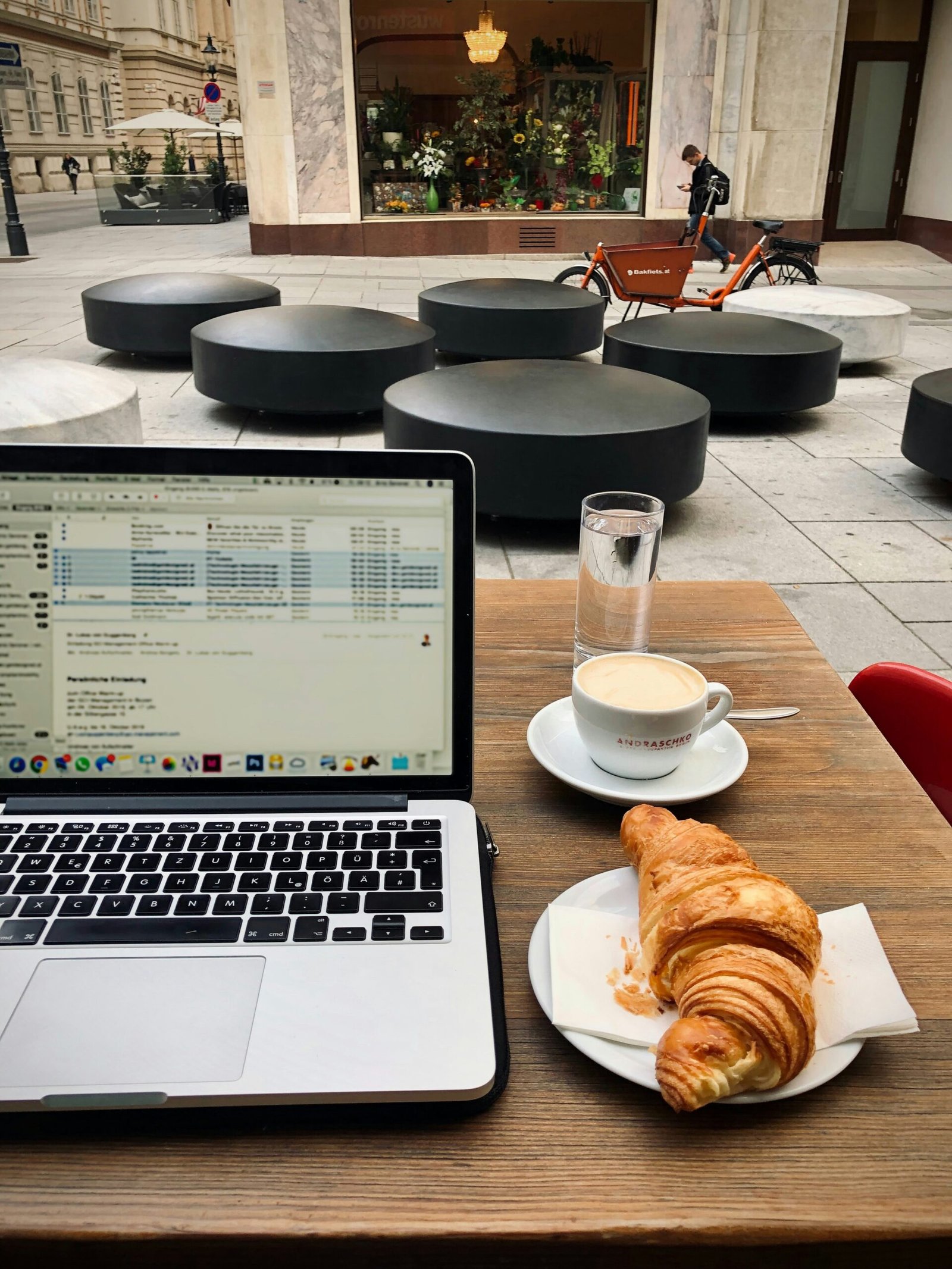Understanding the Necessity of Taking a Break
In today’s fast-paced world, the necessity of taking breaks, including vacations and downtime, cannot be overstated. Stepping away from daily routines and work pressures is crucial for maintaining overall well-being. The psychological and physical benefits of taking regular breaks are well-documented, with research consistently showing that rest and relaxation play a vital role in preventing burnout, improving mental health, and enhancing productivity.
One of the primary benefits of taking a break is its impact on mental health. Continuous exposure to work-related stress can lead to anxiety, depression, and other mental health issues. Regular downtime allows the mind to reset, reducing stress levels and promoting a sense of calm and well-being. According to the American Psychological Association, taking vacations can significantly decrease stress, improve mood, and increase overall life satisfaction.
Physically, taking breaks is equally important. Chronic stress and overwork can lead to various health problems, such as cardiovascular disease, weakened immune function, and fatigue. By taking time off, individuals can reduce the risk of these health issues, giving their bodies a chance to recover and rejuvenate. A study published in the Journal of Occupational Health Psychology found that employees who took vacations reported fewer health complaints and enhanced physical well-being.
Moreover, taking regular breaks can enhance productivity. Contrary to the belief that working longer hours leads to higher output, research has shown that overworking can decrease efficiency and creativity. Breaks, including short intervals during the workday and extended vacations, allow individuals to return to their tasks with renewed energy and focus. This concept is supported by the “recovery theory,” which suggests that detachment from work increases productivity and job performance.
Expert opinions also highlight the importance of downtime. Dr. Matthew Sleeth, author of “24/6: A Prescription for a Healthier, Happier Life,” emphasizes the necessity of taking one day off each week to rest and rejuvenate. He argues that this practice can lead to improved health, better relationships, and increased creativity.
In conclusion, the importance of vacation and downtime in embracing self-care and rejuvenation cannot be ignored. Understanding the necessity of taking regular breaks is essential for maintaining mental and physical health, preventing burnout, and enhancing productivity. By prioritizing rest and relaxation, individuals can lead healthier, more balanced lives.
The Role of Self-Care in Maintaining Balance
Self-care is a fundamental aspect of maintaining a balanced and healthy life. It encompasses activities and practices that individuals engage in regularly to reduce stress and enhance their overall well-being. Contrary to some misconceptions, self-care is not a selfish act; it is an essential practice that ensures one’s physical, mental, and emotional health are in harmony.
At its core, self-care involves a deliberate and mindful approach to nurturing oneself. This can be achieved through various activities tailored to individual needs. Physical self-care includes regular exercise, adequate sleep, and a balanced diet. Engaging in physical activities such as jogging, yoga, or even a daily walk can significantly enhance physical health and reduce stress levels.
Mental self-care is equally essential and involves activities that stimulate the mind and promote cognitive function. Practices such as mindfulness meditation, reading, and engaging in hobbies that challenge the brain are beneficial. These activities help in maintaining mental clarity and focus, which are crucial for handling daily challenges efficiently.
Emotional self-care focuses on nurturing and acknowledging one’s feelings. This can include activities such as journaling, speaking with a trusted friend or therapist, and practicing gratitude. Emotional self-care helps in processing emotions and maintaining a positive outlook, which is vital for overall well-being.
Incorporating self-care into daily routines can seem challenging, especially for individuals with busy schedules. However, it can be as simple as setting aside a few minutes each day for activities that bring joy and relaxation. Creating a self-care plan that includes small, manageable tasks can make a significant difference. For instance, dedicating ten minutes to meditation in the morning or taking a short walk during lunch breaks can be incredibly beneficial.
Ultimately, prioritizing self-care is about recognizing its importance and making a conscious effort to integrate it into daily life. By doing so, individuals can maintain balance, reduce stress, and enhance their overall quality of life.
The Power of Taking a Break Rather Than Quitting
In today’s fast-paced world, the pressure to continually perform at our best can be overwhelming. However, there is a critical distinction between quitting and taking a break. Quitting implies a permanent cessation of effort, while taking a break is a temporary pause that allows for rest and rejuvenation. This nuanced difference can lead to significantly different outcomes in both personal and professional arenas.
Consider the story of Michael Jordan, one of the greatest basketball players of all time. In 1993, Jordan shocked the world by stepping away from basketball at the peak of his career. Rather than quitting sports entirely, he took a break to pursue a brief career in baseball. This period away from basketball allowed Jordan to recuperate mentally and physically, ultimately returning to the NBA with renewed vigor and leading the Chicago Bulls to three more championships.
Similarly, J.K. Rowling, the renowned author of the Harry Potter series, experienced numerous rejections and personal hardships before her success. At one point, she took a break from writing to focus on her well-being. This temporary respite enabled her to return to her work with a fresh perspective, eventually achieving monumental success.
Recognizing the signs that indicate the need for a break is crucial. Symptoms such as chronic fatigue, decreased productivity, and a lack of motivation are often red flags. When these signs appear, it is vital to listen to your body and mind and allow yourself a period of rest.
Planning and executing a break effectively involves setting clear boundaries and goals. Ensure that your break is purposeful by engaging in activities that promote relaxation and mental clarity, such as spending time in nature, practicing mindfulness, or pursuing a hobby. Additionally, communicate your need for a break to relevant parties, whether they are colleagues, family, or friends, to set appropriate expectations and support networks.
In essence, taking a break rather than quitting can lead to rejuvenation and a renewed sense of purpose. By allowing ourselves to step back temporarily, we can return with greater energy and enthusiasm, ultimately leading to more sustainable success and well-being.
Finding Alone Time and Pursuing Personal Joys
In our fast-paced world, finding alone time can often seem like an unattainable luxury. However, carving out moments for solitude is essential for personal well-being and mental clarity. Solitude allows individuals to disconnect from external pressures and reconnect with their inner selves, fostering increased self-awareness. This introspective time can lead to a deeper understanding of one’s desires, strengths, and areas for growth.
Engaging in activities that bring personal happiness during alone time is equally important. Pursuing personal joys, whether through hobbies or creative projects, can significantly enhance one’s quality of life. Creative endeavors such as painting, writing, or playing a musical instrument can stimulate the mind and boost creativity. These activities provide a sense of accomplishment and fulfillment, contributing to overall mental well-being.
Moreover, personal joys are not limited to creative pursuits. Activities like meditation and mindfulness practices can greatly enhance mental clarity and reduce stress. Meditation helps in grounding oneself and achieving a state of inner peace, while mindfulness encourages living in the present moment, thus reducing anxiety about the future or regrets about the past.
For those who find solace in nature, activities like hiking, bird watching, or simply taking a walk in the park can be incredibly rejuvenating. Nature walks provide a dual benefit of physical exercise and mental relaxation, allowing individuals to disconnect from technology and immerse themselves in the natural environment.
Identifying what brings the most joy is a personal journey. It might involve trying out various activities to determine what resonates most. Whether it’s reading a book, gardening, or practicing yoga, dedicating time to these personal joys can lead to a more balanced and fulfilling life. It’s crucial to make room for these activities in daily routines, ensuring that self-care remains a priority amidst life’s many demands.





